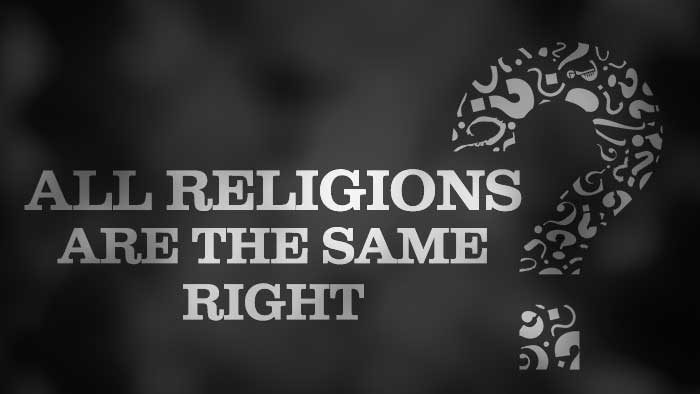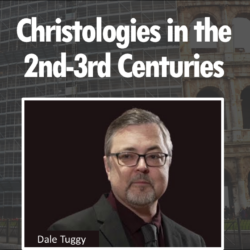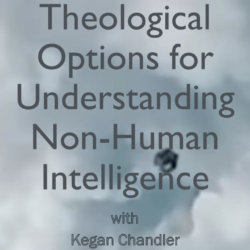How should we think through the different major religions of our time? Are they all the same? What are their differences? In this presentation, philosopher of religion, Dale Tuggy, works through key questions that can help us differentiate and distinguish religions from each other. In the second half of his talk, he invites the audience to diagnose various quasi-religious perspectives popular in our culture, before offering comments on each.
 Loading...
Loading...
—— Notes ——
aspects of religion
- practical & ritual
- experiential & emotional
- narrative
- doctrinal & philosophical
- ethical & legal
- social & institutional
- material
religious diversity vs. religious pluralism
- diversity: people are loyal to different religions
- pluralism: all religions are equally valuable
on moral questions, major religions have a lot of common-sense overlap
- if they weren’t plausible and didn’t help they wouldn’t have gotten so popular
four core claims
- diagnosis: fundamental problem facing humanity
- cure: how to positively and permanently resolve the problem
- methods: what to do to get the cure
- exemplar: actual person(s) whose lives show us how to live out the methods, getting the cure
Christianity is more focused on truth than any other religion
- this is why we’re so quarrelsome
- this is why we write and read so many books
- shouldn’t assume other religions care about doctrine like we do
there’s one theology/teaching per religion
- not even w/in Christianity
Christianity on the four core claims
- we are fallen and sin, which causes dysfunction, harm, and death
- Christ died to pay for sin
- conversion, disciplines, follow Christ
- Jesus, apostles, Christian heroes over time
—— Links ——
- Visit Dale Tuggy’s website and podcast at trinities.org
- Listen to other podcasts with Dale Tuggy
- Check out the other talks in this Apologetics Conference
- For more, here’s an entire Apologetics Class
- Intro music: Jazzy Frenchy by bensound.com. Licensed under Creative Commons: By Attribution 3.0 License.








Hello Sean, I enjoyed the apologetics discussions so far by Kenny and Dale. I think this is necessary for christians to be a least familiar with these tools as many live in and amongst, increasingly secular societies. People need to be reached using this approach as doctrinal matters for them are moot, considering many do not even believe in God to begin with, and have serious doubts in this regard due to the influence from the atheistic poster boys such as Richard Dawkins and the late Christopher Hitchens and Stephen Hawkins.
The atheistic arguments may on the surface appear sound and even logical, especially coming from what the world views as the most eminent and esteemed minds on the subject, but if you can see clearly through them and how fatally flawed and illogical their arguments are, christians can as you say “turn the tables” and help them to see that they are actually making a case for the existence of a God when discussing morality and objective truths!
I particularly liked the point that even though Hitler was considered by most to be horribly cruel and evil having all of the traits that God is falsely accused of, this is not evidence or proof that he did not exist.
Also with regards to all religions being the same there were some very nice and useful examples demonstrating that people who say this realise they do not really mean what they say, when presented with a simple comparison, eg, Satanism versus Catholicism!
Thanks for doing all the hard work for us all guys, I always feel a little guilty listening with my feet up on the desk. Always enjoy listening to the presentations and I thoroughly recommend this site to everyone I can as the premier site for theological educational excellence!